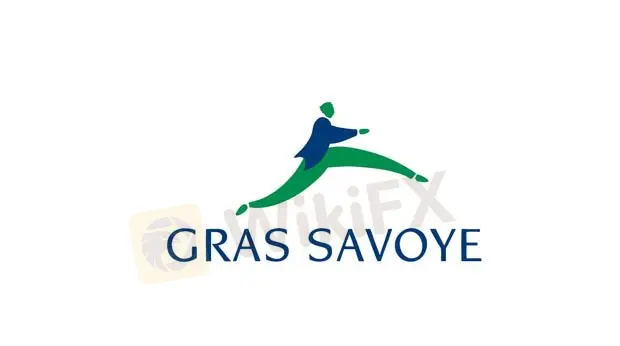简体中文
繁體中文
English
Pусский
日本語
ภาษาไทย
Tiếng Việt
Bahasa Indonesia
Español
हिन्दी
Filippiiniläinen
Français
Deutsch
Português
Türkçe
한국어
العربية
WikiFX report: Aon / WTW considering sale of Gras Savoye in France, reports suggest
Abstract:Rumors circulating in the French broking industry imply that Willis Towers Watson (WTW) may be considering selling its Gras Savoye unit ahead of its proposed merger with Aon, according to L'argus de l'assurance.

According to L‘argus de l’assurance, rumors circulating in the French broking market suggest that Willis Towers Watson (WTW) could be considering a sale of its Gras Savoye unit ahead of its planned merger with Aon.
The proposed combination of the broking giants is currently under investigation by regulators, with concerns centering around potential competition issues.
For some time now, its been suggested that WTW may have to look at a sale of its reinsurance broking arm, Willis Re, in order for the merger to meet regulatory requirements.
But sources at L‘argus de l’assurance have said that the divestiture of Willis Re may not go far enough for European authorities, which has led to speculation that Gras Savoye could also be on the table.
The publication notes that the French brokerage is a strong regional asset for WTW with a turnover of €517 million in 2019 and a high penetration rate among French SMEs, meaning its likely to garner strong interest from potential buyers.
But more than this, its thought that the sale could be a fairly painless process for WTW, as sources say Gras Savoye has remained relatively independent from WTW since its acquisition in 2016, including “completely separate” information systems.
These reports are based on the understanding that Aon and WTW will have to make €1.5 billion ($1.8 billion) worth of divestitures prior to their merger to meet the standards of the European competition directorate.
As we previously reported, the sale of Willis Re alone is only expected to fulfill €970 million ($1.15 billion) of that quota, meaning further sales would be required to satisfy European regulators.
Earlier this month, WTW completed the sale of its specialist broking arm, Miller, to Cinven and GIC, in what some have viewed as another move to avoid competition challenges.
Its thought that the European Commission may soon be ready to publicly voice its antitrust concerns via a statement of objections, a charge sheet explaining potential competitive harm as a result of the mega-merger.
However, the merger is also under scrutiny by other international regulators, with recent reports suggesting that the US Department of Justice may have antitrust concerns about the reinsurance aspect of the deal, as well as in other areas like benefits and large corporate clients.
Likewise, the Australian Competition & Consumer Commission (ACCC) has warned that the merger could “significantly lessen competition” in Australia following similar statements from New Zealand authorities.
Disclaimer:
The views in this article only represent the author's personal views, and do not constitute investment advice on this platform. This platform does not guarantee the accuracy, completeness and timeliness of the information in the article, and will not be liable for any loss caused by the use of or reliance on the information in the article.
Read more

What WikiFX Found When It Looked Into BCR
In the complex world of online trading, verified licenses and confirmed operational presence offer important reference points for evaluating a broker. BCR is one such firm that has undergone regulatory registration and address verification.

Pocket Option: The Broker With No License and Plenty of Risk
No regulation. No oversight. No safety net. Pocket Option is a trap too many traders walk into, only to lose their funds with no way back.

Pocket Option: The Broker With No License and Plenty of Risk
No regulation. No oversight. No safety net. Pocket Option is a trap too many traders walk into, only to lose their funds with no way back.

Forex VS Futures: Which One Should You Choose?
If you could only trade in one market for the next five years, would you choose forex or futures?
WikiFX Broker
Latest News
WikiFX Gala Night Malaysia Concludes Successfully
IG Group Unlocks Over £425 Million amid a Capital Reduction
Capital.com Strengthens UK FinTech Ties with Key Memberships
Stock futures fall after S&P 500 notches new record to cap winning second quarter: Live updates
CNBC Daily Open: Keep calm and carry on, investors
10-year Treasury yield ticks higher as investors eye jobs report
Elon Musk's xAI raises $10 billion in debt and equity as it steps up challenge to OpenAI
Crypto Craze Fizzling Out? Here is Why
Public companies bought more bitcoin than ETFs did for the third quarter in a row
Stock futures are flat after investors sell tech names to start the second half of 2025: Live updates
Currency Calculator


